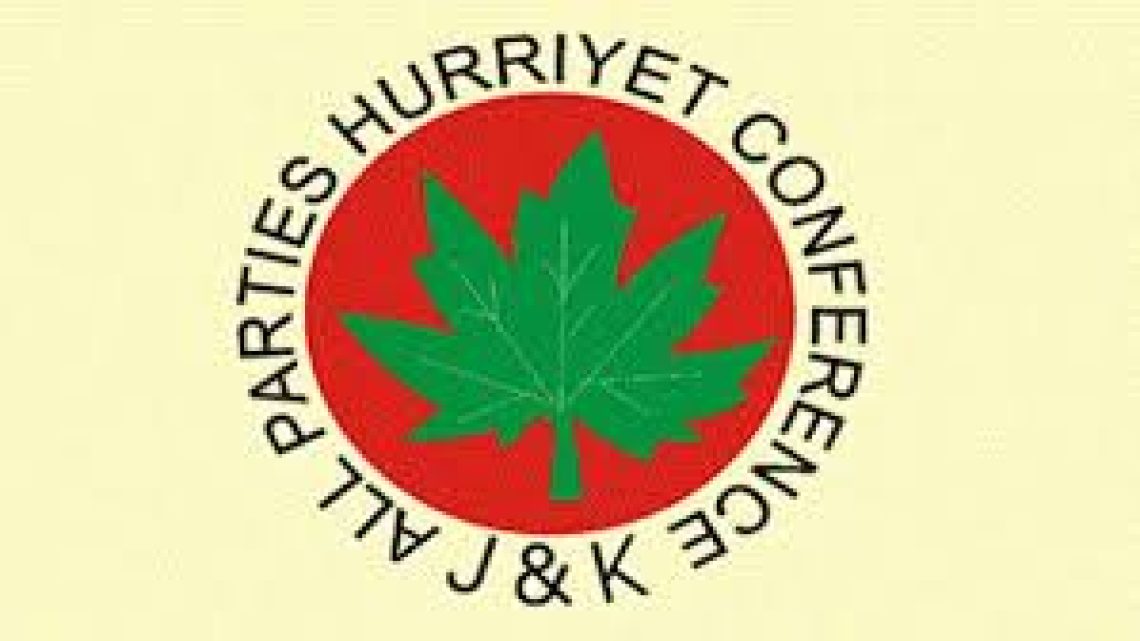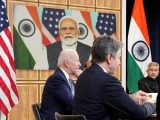
APHC Highlights Continued Injustice and Discrimination in IIOJK
May 17, 2024In Indian Illegally Occupied Jammu and Kashmir, the All Parties Hurriyat Conference (APHC) has condemned the persistent discrimination and injustice faced by the Kashmiri people under the Hindutva regime led by Indian Prime Minister Narendra Modi. Advocate Abdul Rashid Minhas, the APHC spokesman, issued a statement from Srinagar decrying the ongoing oppression and bloodshed that Kashmiris have endured for over seven decades.
Minhas emphasized that justice remains elusive for the Kashmiri population, who continue to witness systematic oppression. He criticized the global community’s silence on these issues, arguing that it has emboldened the Indian government to escalate its repressive measures in the region. The spokesman highlighted the Jammu and Kashmir dispute has deep legal and historical roots, and its resolution in line with internationally accepted norms of justice is essential to ending the violence and restoring peace.
The APHC highlighted the resilience of the Kashmiri people, who remain determined in their struggle despite systematic violations of their rights. They refuse to succumb to Indian military force, viewing continued resistance as their only viable option for achieving their inherent rights and freedom. Minhas stated that a military solution to the Kashmir issue is untenable and would fail to break the resolve of the Kashmiri people. Instead, he warned that Indian brutal measures would only exacerbate the already dire situation in the region.
Minhas called upon the international community to take a more active role in addressing the plight of the Kashmiris. He urged global leaders to heed the cries of the oppressed, as the Hindutva regime systematically violates rights protected under the United Nations human rights charter. The APHC spokesman stressed that supporting the Kashmiri struggle is not just a regional concern but a matter of upholding humanity.
The Indian government’s approach, characterized by heavy militarization and stringent measures, has been criticized for exacerbating tensions rather than fostering dialogue and reconciliation.
International human rights organizations have frequently reported on the violations occurring in the region, including arbitrary detentions, extrajudicial killings, and restrictions on freedom of speech and assembly. Despite these reports, significant global intervention has been limited, leading to calls for more robust international engagement.

